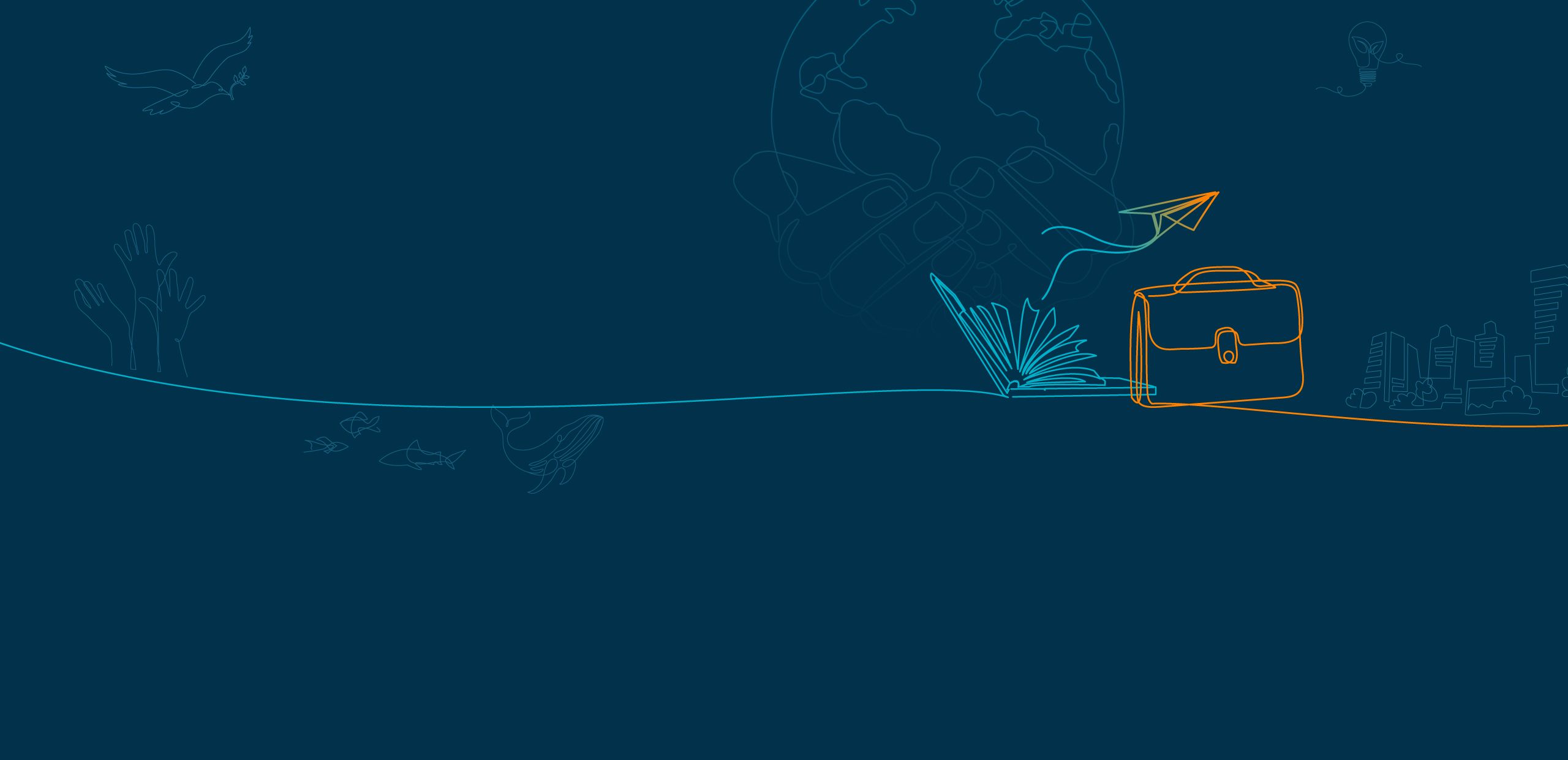Recommendations and next steps

As curators of scientific communication, publishers are uniquely positioned to shape how SDG-related research is shared, discovered, and used. The choices we make, from authorship to the content types and publishing models we support, can either reinforce global evidence gaps or actively work to close them. And of course, we need to work closely with editors, reviewers, societies and other stakeholders in the scholarly publishing ecosystem.
SDG-related policy is grounded in research
Research aligned with the SDGs was already growing before their adoption in 2015, suggesting that the Goals did not initiate new research agendas but helped to focus and frame them. Crucially, our analysis shows that SDG-related policy documents are more likely to cite scholarly research than non-SDG policy, even when accounting for documents that are unlikely to cite anything at all.
This research-to-policy connection is greatest in health, environment, and social development. As these represent some of the most urgent global challenges, the role of scholarly research in informing action is promising. There is an undeniable opportunity here for publishers to prioritise visibility of research that can help accelerate progress towards the SDGs.
Think tanks, NGOs and IGOs are central to translating research into policy
Not all policy documents cite research directly. Many draw from intermediary outputs, such as white papers, reports, and advisory briefings, making think tanks and IGOs key partners in enabling knowledge exchange. These groups are consistently the highest users of research, acting as brokers between science and policy. Strengthening dissemination to these actors offers publishers a powerful route to amplify research impact.
The majority of research citations are to research from high-income Global North countries
Despite broader engagement in SDG research globally, the distribution of policy citations is heavily skewed towards the Global North, particularly the USA and UK. There is also low citation of domestic research in the countries we examined, as well as a broader gap in South-to-South knowledge exchange. These patterns undermine the use of contextually relevant local knowledge in national policy, despite these countries often facing similar development challenges.
A major barrier here is the underrepresentation of researchers from the Global South in development research, as well as the low representation of research from the Global South in the world’s top-ranked journals or indexing databases.xix, xx Discoverability and perceptions of lower quality create barriers to finding and using research from regional journals.
Efforts to amplify research from the Global South are crucial to address the imbalance in citations. This includes actively pursuing more global authorship, supporting first-time submissions, and reducing desk rejection biases (such as language). Tools for editors, such as training, guides, and case studies are effective methods Springer Nature is already making use of.xxi
Opportunities to better connect research with policymakers and address global challenges
1. Inclusive journals
Inclusive journals stand out in our research: these journals are cited in policymaking at a similar rate to selective journals. This underscores their relevance for policy, particularly considering the more global nature of their authorship and higher likelihood of being OA. Publishers should continue to invest in these titles and actively commission work from underrepresented regions and authors.
2. Open access
Given the higher use of OA research in policy from LMICs, there can be no doubt that opening up more research can increase knowledge exchange, promoting accelerated problem-solving. Continuing to widen access to OA – through innovating business models or offering waivers for those without access to funding – is a must. Beyond OA, publishers can also maintain access to research for LMICs through programmes like Research4Life.xxii
3. Policy-ready content
As publishers, we can also go beyond primary research in our content development to support real-world impact for the SDGs. Reviews, news, commentaries, and editorials are disproportionately cited in policy, showing that short-form and contextual commentary can bridge the gap between science and actionable policy.
Publishers can maximise policy influence in their journals through:
- Widening commissioning of non-primary content, particularly targeting underrepresented voices.
- Offering training and editorial support on writing for policy audiences.
- Building partnerships with think tanks and advisory bodies that can act as brokers between research and policy.
4. Beyond publishing
Publishers also have a broader role to play in meeting policy audiences where they are. For example, Science for a Sustainable Future is a joint initiative of the United Nations Sustainable Development Solutions Network and Springer Nature. Since 2020, this event series has brought together policymakers, government representatives, UN officials and leading global scientists to discuss and advance the SDGs.
Strengthening the research-to-policy connection for the SDGs
The evidence is clear: research has a vital role to play in shaping SDG policy, and with 2030 fast approaching, building the connection from science to policy is more urgent than ever. Policy citation is only a proxy for impact, not a direct measure of societal change, and, as such, there is more still to do to understand how cited research influences outcomes. Yet our findings show how we can make research more visible and accessible for those making decisions about sustainable development. By strengthening the research-to-policy link, publishers not only support the success of the SDGs but also reinforce their role as stewards of knowledge, ensuring that scientific evidence drives meaningful action for a sustainable future.
xix Liverpool, L. (2021, September 17). Researchers from global south under-represented in development research. Nature. https://www.nature.com/articles/d41586-021-02549-9
xx Amarante, V., Burger, R., Chelwa, G., Cockburn, J., Kassouf, A., McKay, A., & Zurbrigg, J. (2021). Underrepresentation of developing country researchers in development research. Applied Economics Letters, 29(17), 1659–1664. https://doi.org/10.1080/13504851.2021.1965528
xxi Springer Nature. (n.d.). Diversity, equity and inclusion in research publishing. https://www.springernature.com/gp/editors/resources-tools/dei-for-editors
xxii Research4Life. (n.d.). Research4Life portal. https://portal.research4life.org/

















